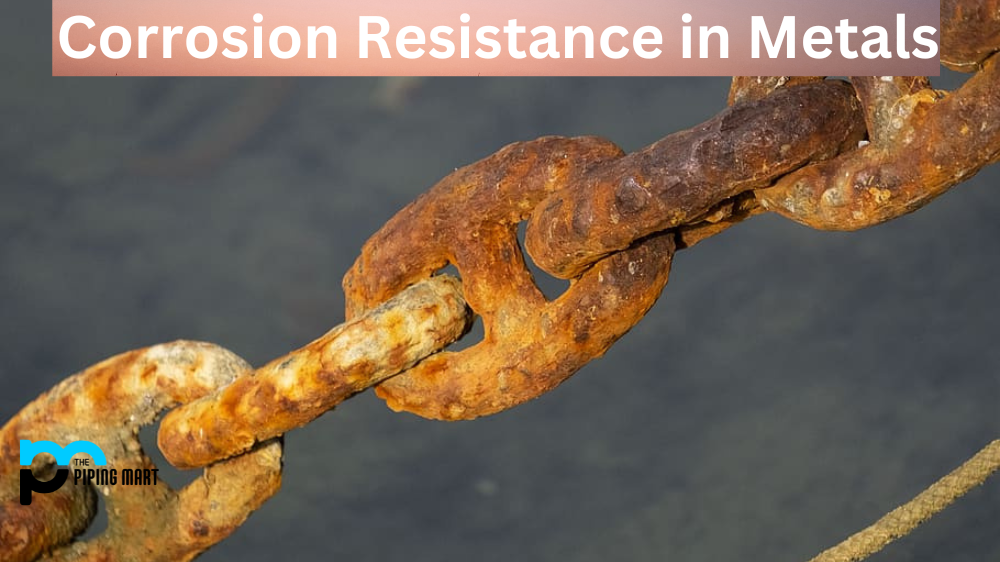Corrosion resistance is an important factor to consider when deciding on the type of metal to use for a project. Corrosion can cause metals to degrade, leading to expensive repairs and replacements. Fortunately, there are several tests and standards that can be used to measure corrosion resistance in metals, allowing you to make an informed decision when selecting the right metal for your project.
Salt Spray Test
The most common method of testing corrosion resistance is the salt spray test. This test involves exposing a sample of metal to a salt solution, usually sodium chloride (NaCl) or magnesium chloride (MgCl2). The sample is then exposed to a laboratory environment that mimics the elements found in real-world conditions, such as humidity, temperature, and wind speed. The sample is monitored over time to determine how much corrosion is present.
Copper-Accelerated Acetic Acid Salt Spray Test (CASS)
The CASS test is similar to the salt spray test but uses a copper sulfate and acetic acid solution instead of a plain salt solution. This test simulates long-term exposure to acidic environments. It measures the rate at which metals corrode in these environments and gives a more accurate indication of corrosion resistance than the traditional salt spray test.
Electrochemical Testing
Electrochemical testing measures how well a metal resists corrosion by measuring its electrochemical characteristics, such as electrical conductivity, surface potentials, and polarization behavior. These characteristics are measured using specialized equipment such as potentiostats and Galvanostats. This type of testing provides detailed information about how metals react with their environment and enables engineers to make more informed decisions about which metals will provide the best performance for their application.
Conclusion
Corrosion resistance is an important factor when selecting the right metal for your project. There are several tests available that can help you determine which metals will perform best under different environmental conditions. The most commonly used tests are the salt spray test, CASS test, and electrochemical testing methods, which each provide unique insights into how metals behave in different environments. By applying these tests before making any final decisions on your material selection process, you can ensure that you choose the right metal for your specific application needs.

Meet Bhavesh, a seasoned blogger with a wealth of knowledge and experience. From metal products manufacturing to retail, Bhavesh has a diverse background in various industries and is dedicated to sharing his insights and expertise with readers.




